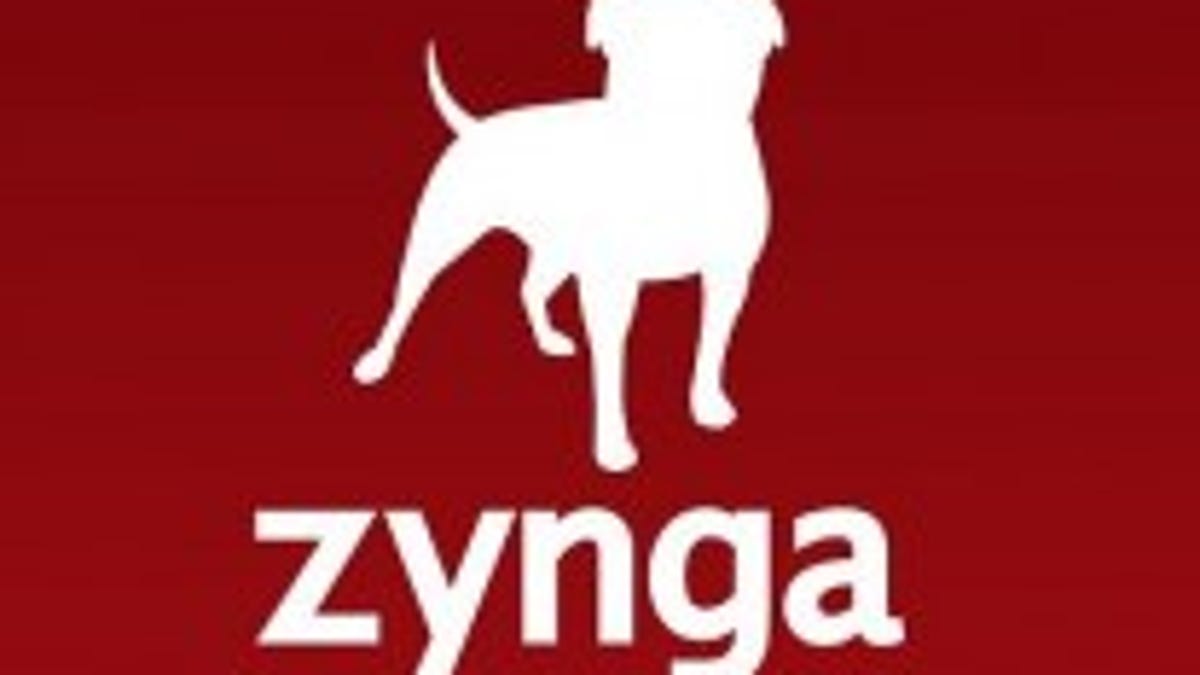Zynga uses stock options to keep employees put, report says
The company's declining stock price and financial troubles is making Zynga offer up stock options to all employees.

Zynga is using stock options -- a retention tactic commonly used in startups before they go public -- to keep employees at the company, according to a new report.
Zynga CEO Mark Pincus has decided to issue stock options to all of the company's employees, The Wall Street Journal reported yesterday, citing sources. The move is a not-so-subtle attempt on Pincus' part to boost morale and keep employees, many of whom already hold stock in the game maker, from leaving and selling off their shares when able.
Since Zynga went public at $10 per share, the company's shares have dropped to just $2.94. Many Zynga employees owned the company's stock prior to going public, and because of an SEC-mandated lockout period from selling shares, have watched their investment in the company decline. By issuing stock options, Pincus, who was able to cash out $300 million from his company, is attempting to offer employees a new form of incentive.
Zynga's shares were hit hard late last month after the company reported a net loss of $22.8 million during the quarter ended June 30. Analysts were especially concerned with the results and had expected Zynga to hit $344.8 million in revenue during the period. For its full 2011 calendar year, Zynga lost $404 million.
As part of a plan to address its troubles, Zynga initiated a reorganization plan that places heavier emphasis on mobile games. Earlier this week, Zynga announced that its chief operating officer, John Schappert, had resigned from the company after Pincus promoted the chief mobile officer, David Ko, and the executive vice president of games, Steve Chiang, to oversee games development as part of the reorganization.
If Zynga is, in fact, doling out shares to employees, it would mark a striking departure from the actions it reportedly took prior to its IPO when Pincus demanded not-yet-vested stock back from employees who were deemed to be underperforming.
Zynga declined CNET's request for comment on the Journal's report.

